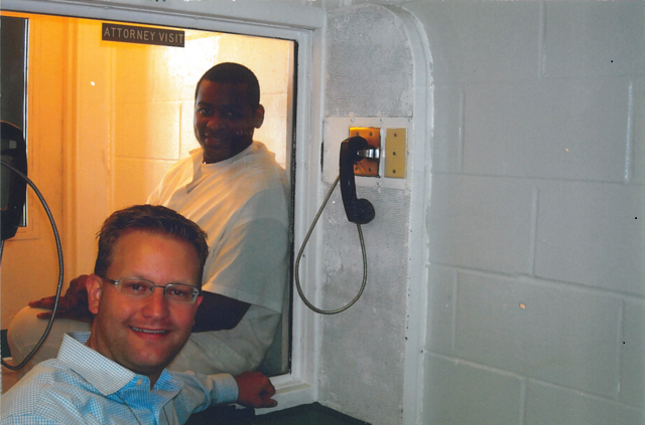Let's be real here:
Dunstch- maimed/killed MULTIPLE people and continued to repeat his actions without seeking any sort of help or remediation in spite of the fact that he was obviously causing harm
Kim- waited several HOURS to take a patient who had just coded before sending her to a hospital (I don't blame him for not being able to resuscitate. That falls on the unsupervised CRNA, a whole other issue).
Murray- administered PROPOFOL in a man's HOUSE, while UNMONITORED, and WALKED AWAY
The common thread here is that all these people, simply put, DID NOT GIVE A DAMN. They had the knowledge and mental capacity to recognize that their actions would cause harm and walked into them anyway. This is the furthest thing from good will, altruism, good intent, or anything else that would separate malpractice from criminal charges.
I can see arguments for much of what Radonda Vaught did. Overriding hard stops (6 though... really?), unfamiliarity with a medication, not reconstituting properly, being 'overworked' (although multiple sources said she wasn't)... but there is one thing that cannot be forgiven. You DO NOT administer IVP sedation to a patient who is unmonitored, and you CERTAINLY do not walk away after administering said medication. Even if she truly thought she was giving Versed, this would be unacceptable. Even a student would know that this would put someone in unreasonable danger. This is likely the tipping point that led to her guilty verdict.
You can certainly blame the healthcare system, Vanderbilt, etc for poor staffing ratios, improper training with medication administration, covering up the investigation, overstimulation from override warnings, and other factors that may have contributed. You cannot blame them for her indifference.





